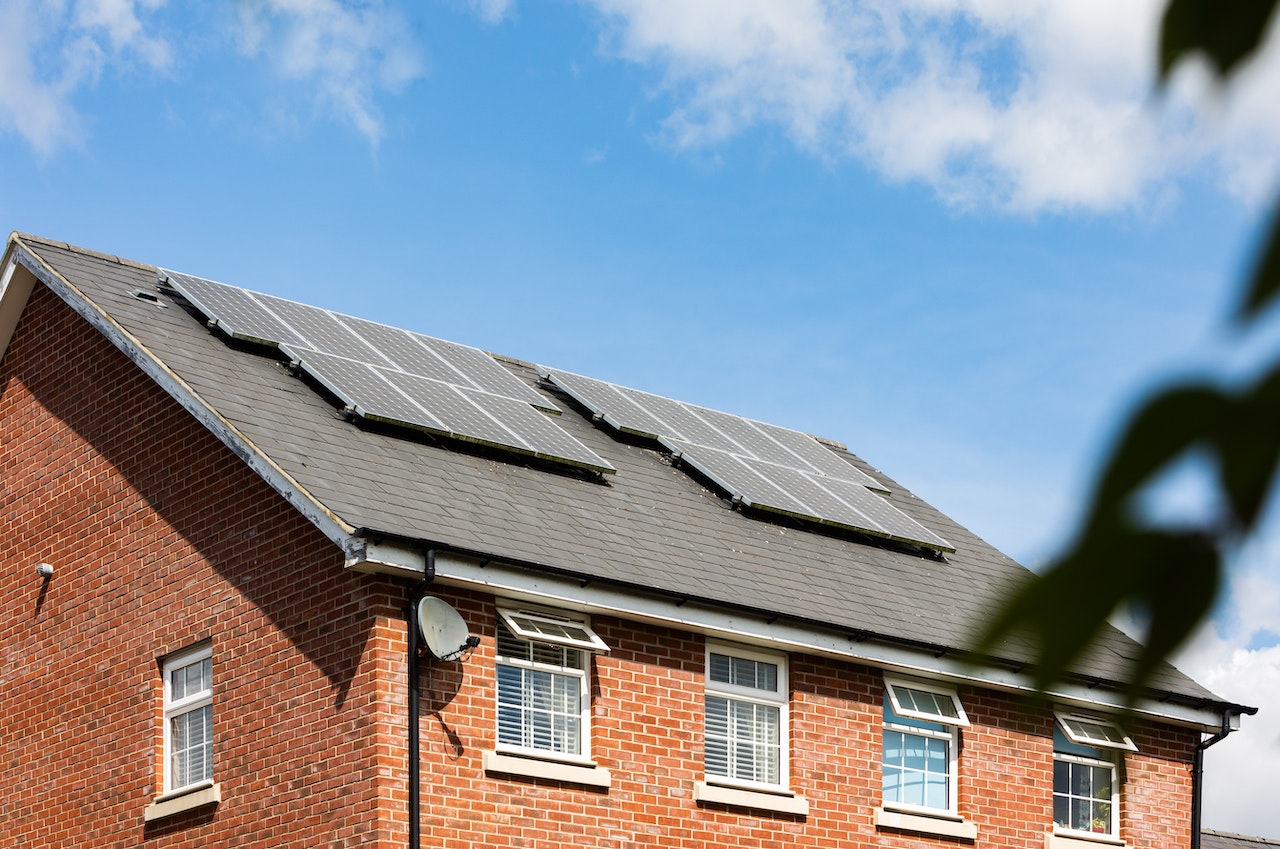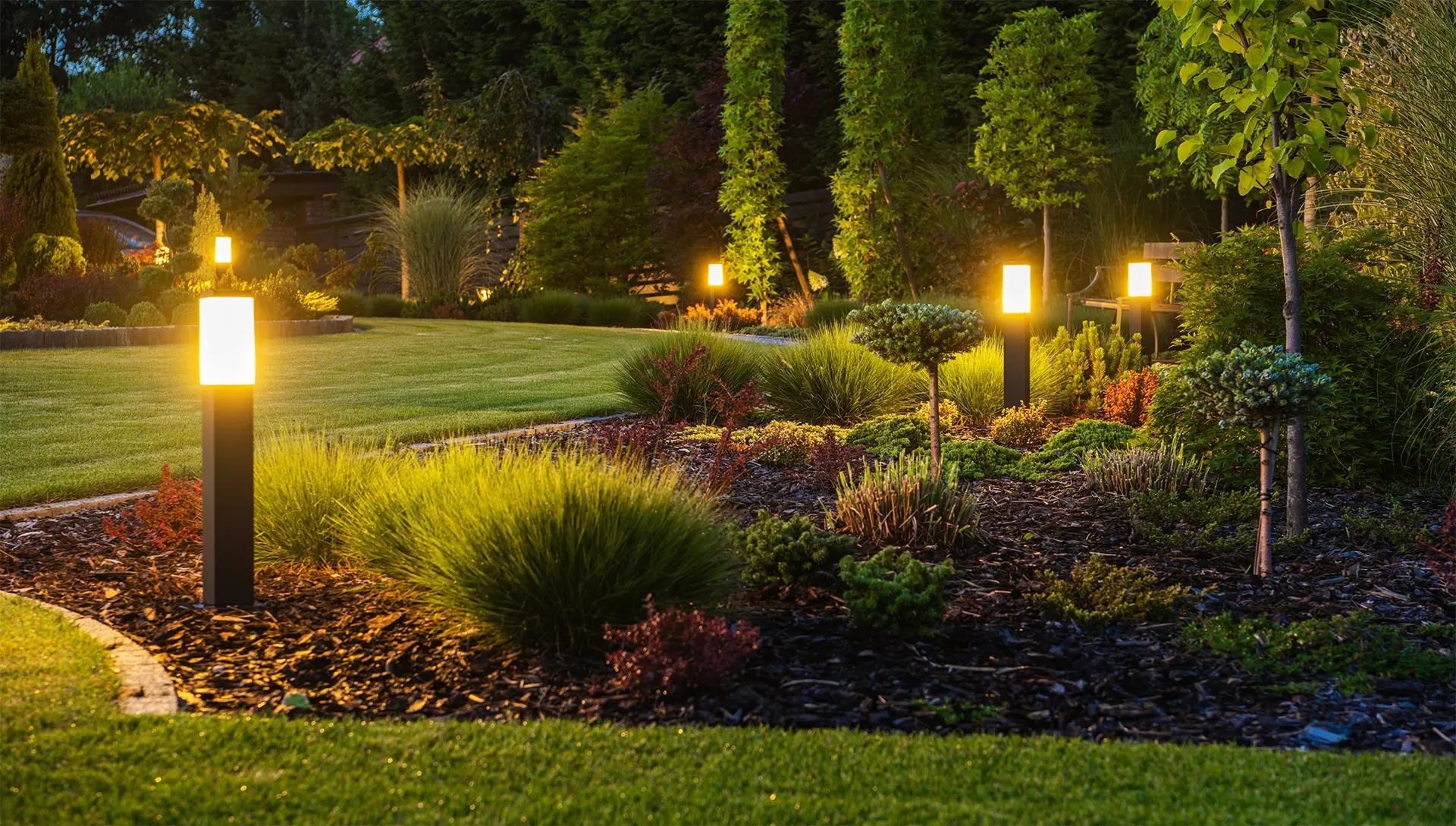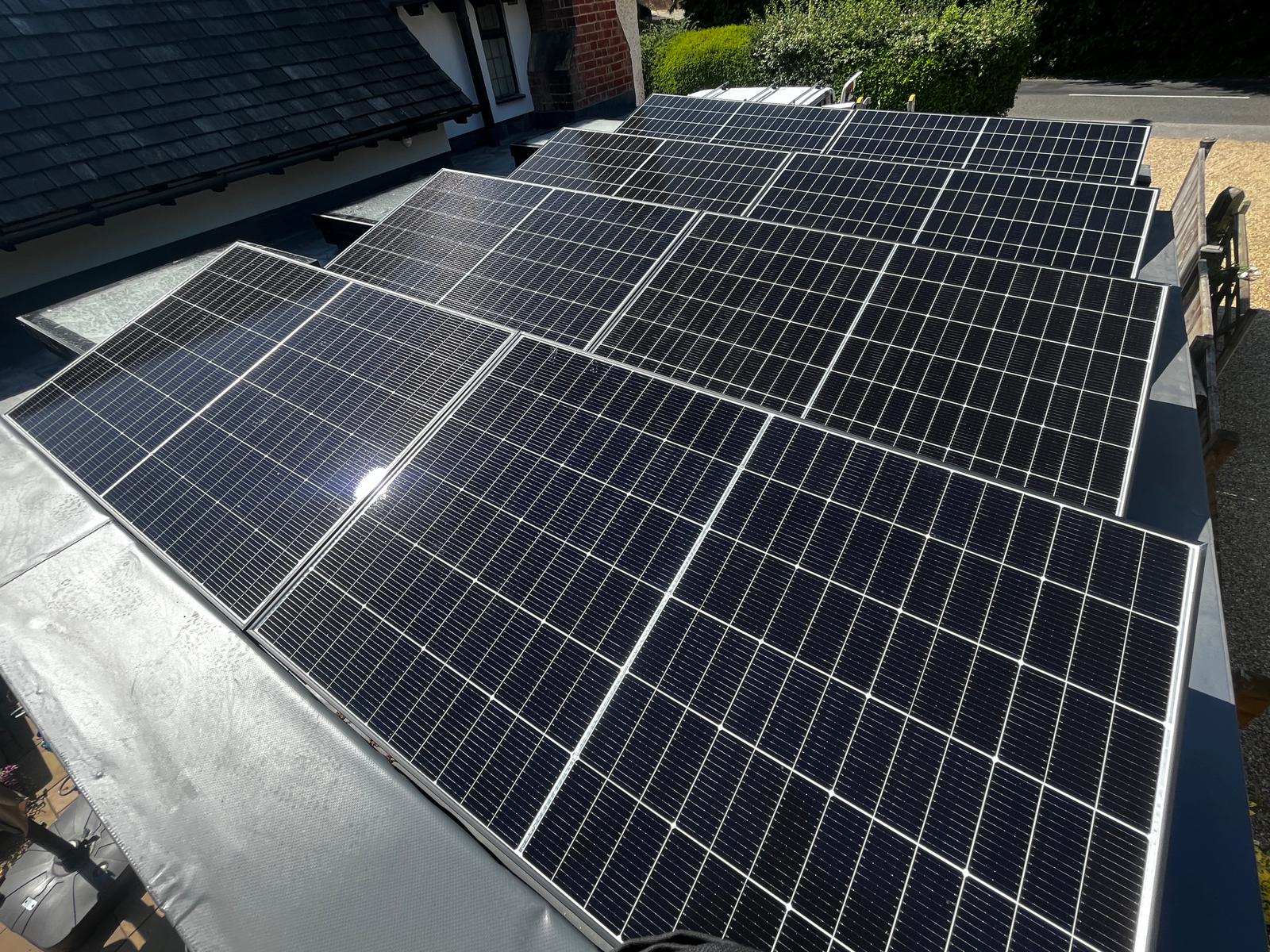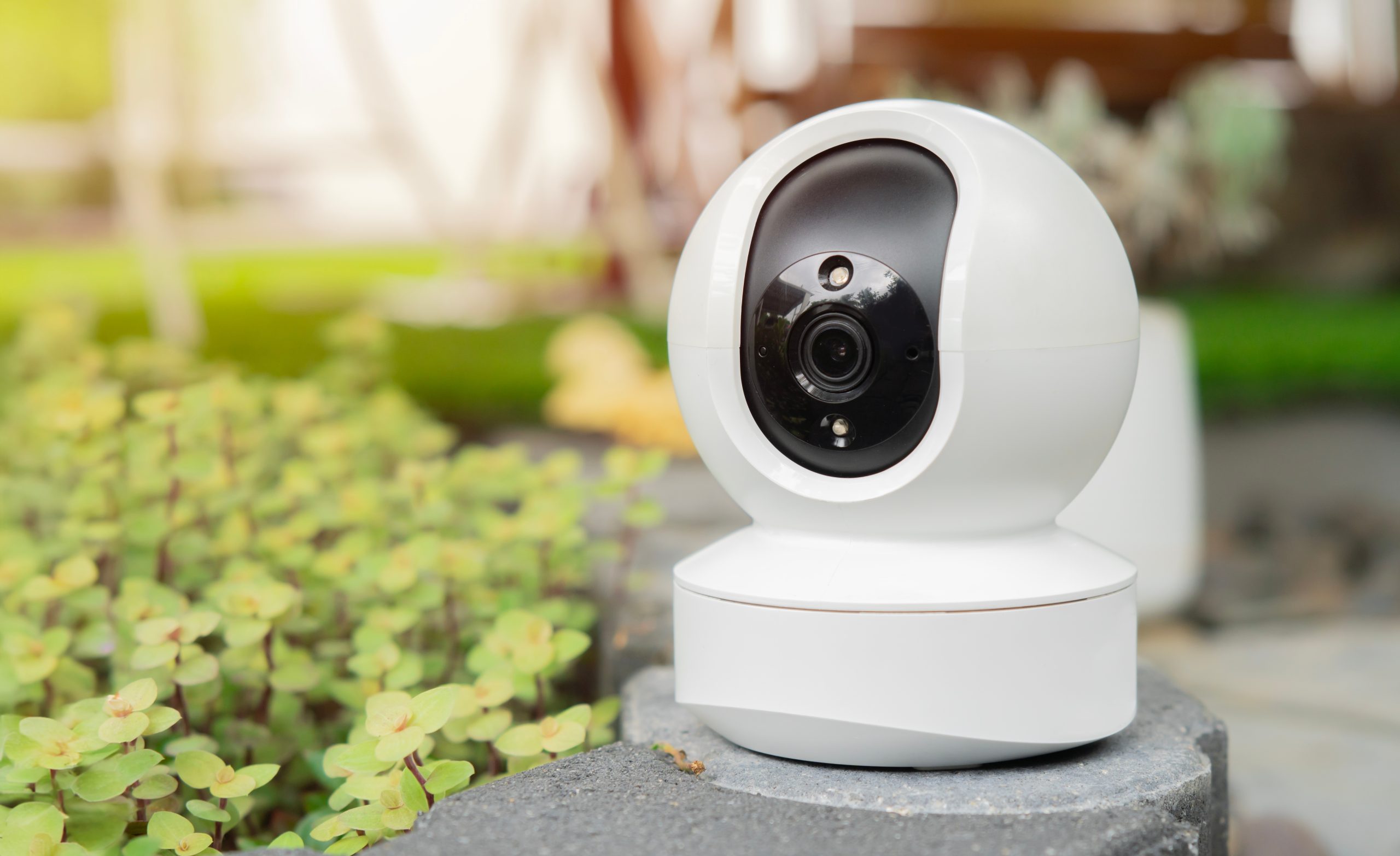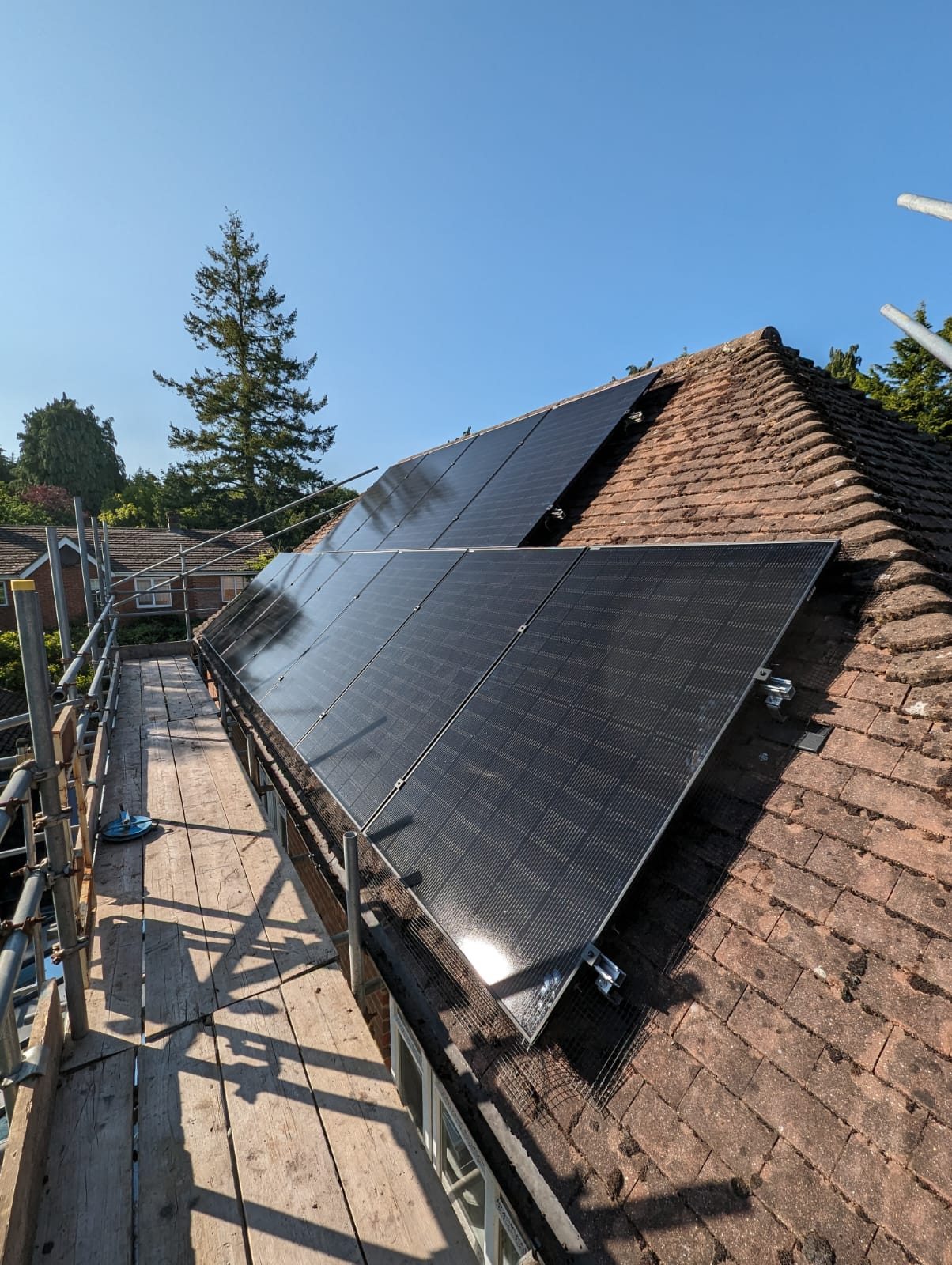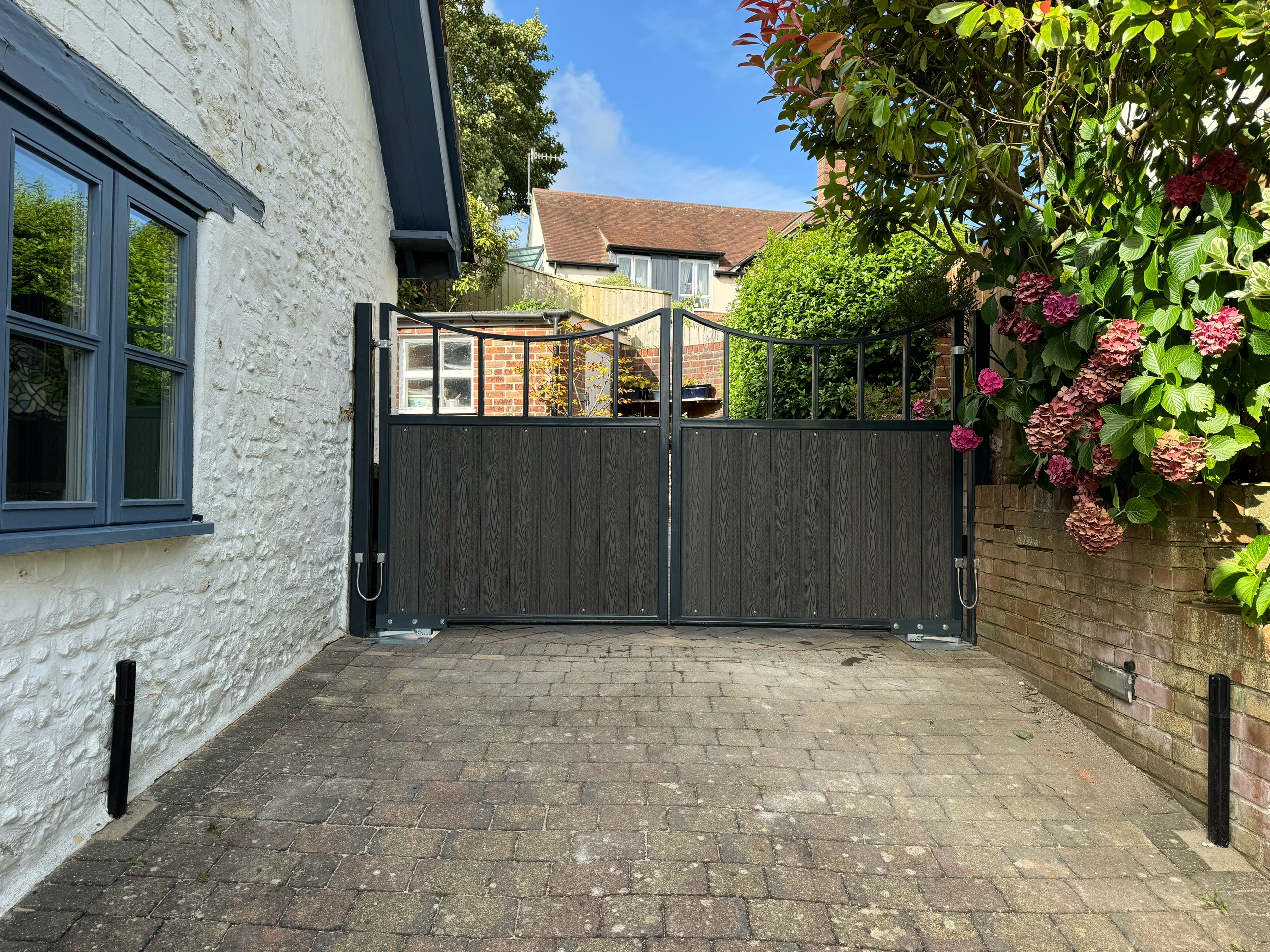We all know how big an environmental issue our past reliance on fossil fuels has become, let alone the fact that it’s not an infinite resource. Our focus on renewable energy options is now under the spotlight even more, in the current environment of spiralling energy bills that are increasing many people’s energy bills to an alarming level.
Naturally, people are looking at alternatives. For domestic households, solar power is the answer.
At Green Light Electrical, our specialist team has been installing and maintaining solar panels for many years and they are proud to have become highly experienced in this area. Here we provide a complete guide on solar panels that also answers some of the questions we get asked most often often about solar energy.
What is renewable energy?
Any form of energy that doesn’t come from a fossil fuel, i.e. coal, petroleum and natural gas, is classified as renewable energy – people harnessing natural energy forces like sun, water or wind. The key difference with solar power, compared to wind and water power, is that solar power needs no moving parts which makes it a lower maintenance option.
What are solar panels?
Solar panels create energy or heat from the sun, using solar irradiance to create electricity through the sun’s rays. Each solar panel is made up of photovoltaic cells, mounted in a framework for generating energy. Putting our scientist’s hat on, solar irradiance is the power per unit area (surface power density) received from the sun in the form of electromagnetic radiation in the wavelength range of the measuring instrument. Solar irradiance is measured in watts per square metre (W/m2) in SI units.
There are various types of solar panels but the main ones are solar thermal and solar PV (PV stands for photovoltaic). Solar thermal panels are used to generate hot water and solar PV is used to create electricity.
What are the advantages of solar panels?
1. Good for the environment – As they provide renewable, clean energy, solar panels are great for the environment as they’re offsetting carbon.
2. Low maintenance – The fact that solar panels have no moving parts makes them very low maintenance. As long as they are kept clean, they will keep producing energy. On the other end of the maintenance spectrum, wind turbines and hydro turbines revolve around the maintenance of moving parts like bearings and blades which need regular servicing.
3. Reduced energy bills long-term – Once you have broken even on your installation cost, the energy you produce is free! Depending on how many solar panels you have and how much energy you use, this break-even point could be in as little as six years.
What are the disadvantages of solar panels?
For a lot of people, cost is a factor that puts them off installing solar panels, as it does take years to recoup your installation costs. Obviously, how long it takes to get your initial outlay back depends on how many panels you have and how much energy you use. Another factor that can be off putting to some is the aesthetic visual of seeing solar panels on their roof.
Will solar panels save me money on my energy bills?
Yes, solar panels will definitely save you money on your energy bills. It’s all about trying to optimise how you’re using your energy. You can use battery storage to store your solar generated energy overnight but they do have maximum discharge rates so you need to make sure you’re using your energy during the peak sunlight hours wherever possible, i.e. running the washing machine and other electrical appliances that are quite energy hungry.
Having solar panels is like having your own free power generator on your roof. Whatever energy it’s capable of producing, if you keep your electricity usage within that amount you won’t be needing to draw energy off the grid and therefore you won’t be paying for your energy.
How much do solar panels cost?
We have noticed that solar panels have been increasing in price, especially since they are attracting more attention as consumers look for an alternative to the high energy prices. It depends on the size of your roof as well, and how many solar panels you choose to install. Typically, you’re looking at somewhere around £1,800 per kilowatt hour of solar PV system installed. At the time of publication, there is zero VAT on a solar panel installation. This also applies to battery storage when it’s installed at the same time as the solar panels. If it’s installed separately, it doesn’t apply to battery storage.
How long until I break even on my solar panels?
Before you commit to ordering and installing solar panels, we produce a detailed proposal for you to review. This proposal follows the guidelines set out by the MCS (Microgeneration Certification Scheme) regarding Feed in Tariffs on Solar PV installations and estimates the payback threshold based on your particular installation and projected usage.
For a well-designed system of solar panels and batteries, we would expect you to break even at around the eight or nine year mark. So, for anything over standard usage, it can be really worthwhile. Some installations can ‘payback’ in around six years.
Are there government grants for solar panels?
No. There used to be, as part of The Green Deal, but this ended in 2015. However, various export tariffs (the rate you get paid for energy you don’t use and can sell on to an energy company) are available. One we recommend you looking at is Octopus Agile (no affiliation). They do a variable export rate which is in line with the wholesale rate at the time, so it could be that you’re paid 20 pence for each unit of energy that you’re exporting. However, it still makes sense to use as much of the solar generated energy you’re producing as you can, as you would be in deficit if you’re paying 35 pence to use standard energy because you’re running out of solar energy through exporting it.
Will having solar panels increase the value of my home?
Solar panels are a good selling point when you are selling your property, not only for the general environmental benefits that are attractive to most people but also, in this current climate of escalating energy prices, it’s a huge plus to be assured of reduced energy bills. It’s especially helpful if you’ve had the solar panels for a number of years and you can demonstrate the savings you’ve made year on year.
Is the installation process easy?
Solar panels are very straightforward to install. You just need enough roof space and sufficient scaffolding so that the aluminium rail system can be securely fixed to your roof rafters. In most cases, and depending on the size of your installation, the solar panels can be installed within one day, which makes it cost-effective from a labour perspective.
What maintenance do solar panels need?
Hardly any at all! The materials are rust free and corrosion free and there’s no wear and tear to consider. They’re supposed to be self-cleaning but you’ve probably seen from modern supposedly self-cleaning windows that this claim is a little bold and they all need a bit of a clean now and again.
Will I be completely energy independent?
You’ll inevitably need to use electrical items when you’ve run out of solar powered energy and when there isn’t enough sunlight to generate the amount of power that you need. You can get around that issue by installing battery storage but, realistically, it’s difficult to be completely self-sufficient, especially during the winter months.
With a grid-tied system, you’ll be connected to the grid as well as generating your own energy, so you won’t be fully independent. We can, however, set up something that’s called an EPS mode. EPS stands for ‘emergency power supply’ and it gives your solar PV system the ability to switch over to powering your essential circuits from your battery storage system, in the event of a power cut. This would typically be a socket installed next to the inverter, just to power your router, or it could be a whole distribution board, enabling you to run all your power based on what you’re generating.
Do I need a south-facing roof?
This isn’t as straightforward as you may think. Yes, solar panels facing due South are going to perform better for peak generation so, if you’ve got a smaller space, you’ll actually be getting quite a good amount of energy generated from it. However, solar panels installed on East and West facing roofs will be getting energy generation early in the morning as the sun rises, right through to late in the evening as the sun sets. So, although the peak generation might be a little bit lower, your total generation throughout the day could add up to more than south-facing roof solar panels.
How weather dependent is solar power?
As solar PV works on solar irradiance, even if it’s cloudy (as long as the clouds aren’t particularly dense) you will still get some good generation. The optimum working temperature for a solar panel is about 30 degrees. So, if you think of these new modern black panels in direct sunlight, especially when we’ve got air temperatures of 30 degrees, the panel is likely to be a lot hotter than that. This means that, on a cooler winter’s day, provided there’s some good sunlight, you’re still going to get some energy generated.
How does solar energy get used?
To get the most out of your solar power, you really want to be using it whilst you’re generating it. You will lose some of the power by storing it into a battery, but today’s standards of modern lithium batteries are pretty efficient in storing your energy to be used later.
What if I don’t like the look of solar panels?
Some people find solar panels on roofs quite an eye sore. I personally find the all-black panels more subtle and visually appealing, but you can also get ones that are more of a bluey colour or ones with white lines that accent the cells. You may not find their visual appearance appealing, but solar panels certainly serve a purpose and most people find that their benefits are worth it.
If you feel really strongly about not wanting them to be on show, you can install your solar panels inside your roof space, but this is a costly option as you need to re-roof your property, making sure there’s fireproofing behind the panels – usually the roof tiles between you and the solar panels would help to protect you in the event of a fire.
How can Green Light Electrical help?
We are a one stop shop for solar panels. We can help you to design the best solution for your needs and for your property before installing your system. We can also help with fault finding on existing solar panel systems. We’ve been working with solar panels since the original fit days, and we’re still here to help our existing customers who we worked with years ago.
From start to finish, we’ll work with you closely, examining the estimated payback periods based on your current energy usage, and giving you a detailed and transparent quote for the works. We can also advise you on ways you can use solar panels to generate hot water or charge your electric car more efficiently.
How can we contact Green Light Electrical?
Give our friendly and expert team a call on 01425 477943, email us at solar@gle-uk.co.uk or contact us through our website. We will be happy to talk you through all your options, give you the benefit of our experience and answer any questions you may have.
